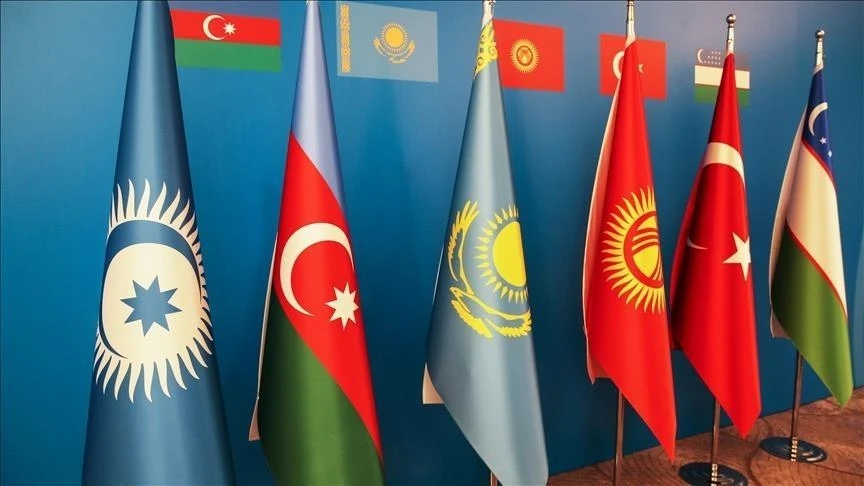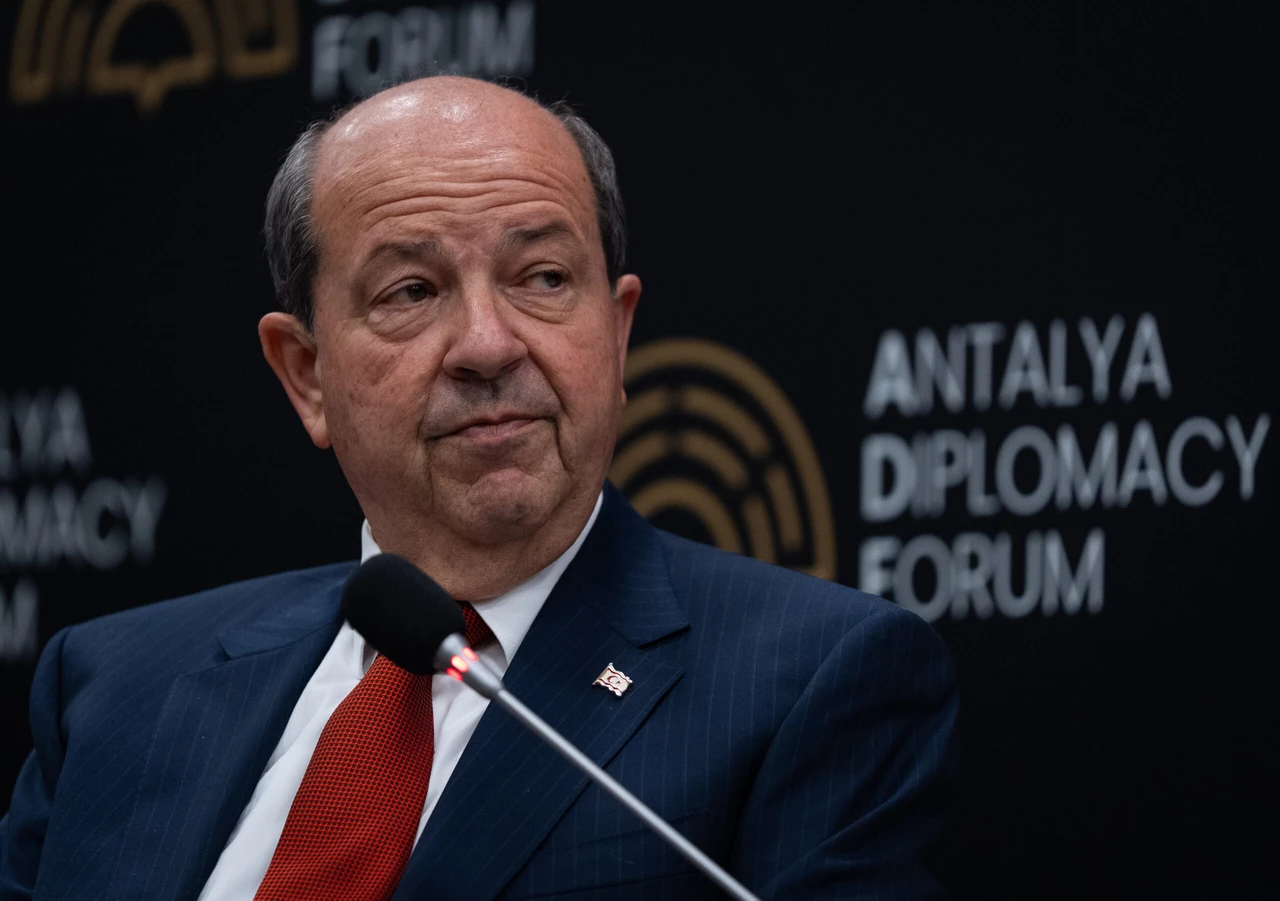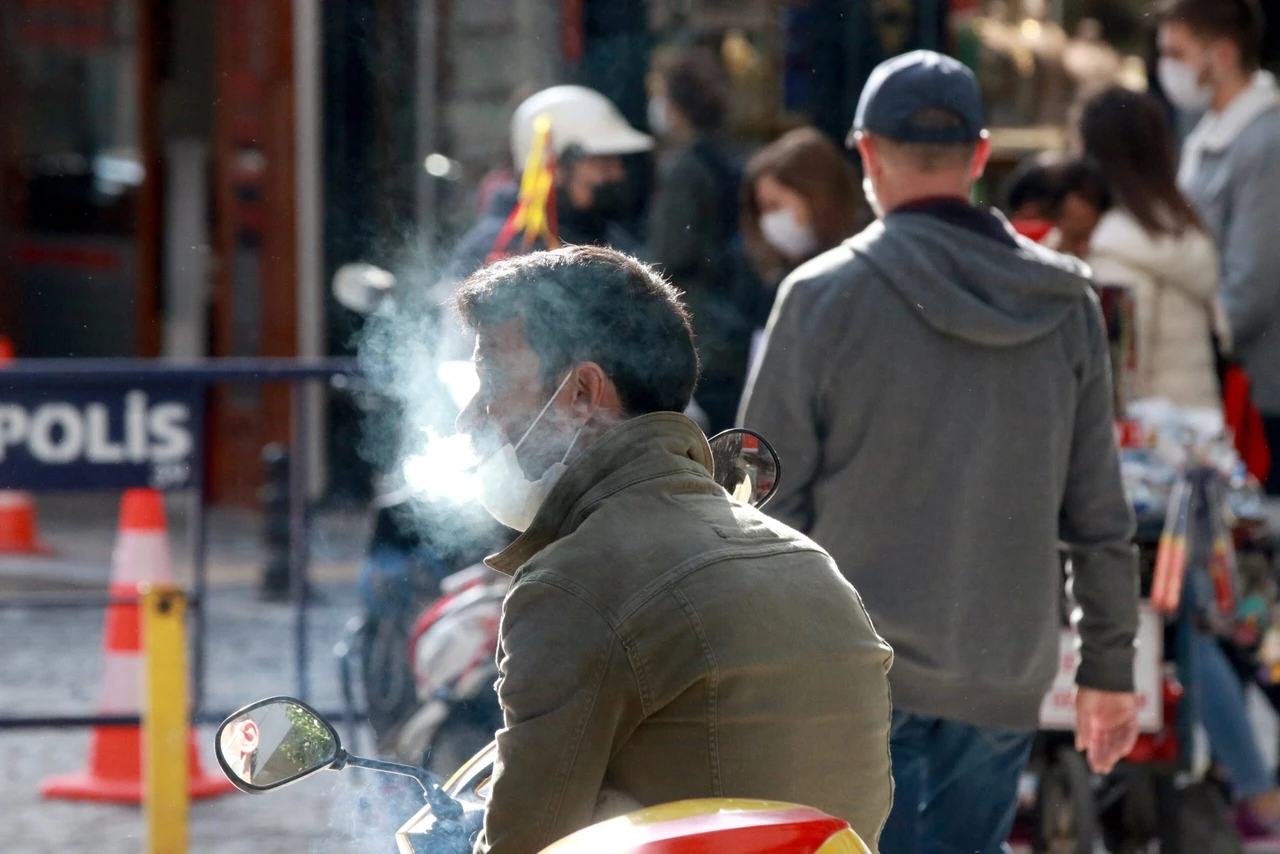Turkic world disappoints Türkiye on Cyprus issue
 Turkish President Recep Tayyip Erdogan (4th L) attends the 11th Summit of the Council of Heads of State of the Organization of Turkic States (OTS) in Bishkek, Kyrgyzstan on November 6, 2024. (AA Photo)
Turkish President Recep Tayyip Erdogan (4th L) attends the 11th Summit of the Council of Heads of State of the Organization of Turkic States (OTS) in Bishkek, Kyrgyzstan on November 6, 2024. (AA Photo)
Kazakhstan, Uzbekistan, Kyrgyzstan and Turkmenistan have recently moved to open diplomatic missions in the Greek Cypriot Administration of Southern Cyprus (GCA). Alongside these openings, they also endorsed UN Security Council Resolutions 541 and 550, which define Türkiye’s presence in Northern Cyprus as “occupation”.
These are sovereign acts, yes, but they also mark a quiet departure from a political stance once grounded in mutual respect and shared historical memory within the Turkic world.
For years, these countries stood alongside Türkiye and the Turkish Republic of Northern Cyprus (TRNC) on regional and international platforms. They shared statements, appeared under the same banners, and spoke of fraternity rooted in common language, culture and outlook. Today, as Turkish Cypriots continue to live under embargo despite having a stable and democratic administration and a proven willingness for peace, those words of unity ring increasingly hollow.
The Greek Cypriot administration now receiving new embassies has rejected every major peace plan involving the Turkish Cypriots. From the power-sharing model of 1960 to the 2004 Annan Plan, the record is clear. The Turkish Cypriot people voted in favor; the Greek side said no. Diplomatic gestures that reward such refusal risk reinforcing the very imbalance that has kept the island divided for decades.

Türkiye remains perplexed from the Cyprus decision of Turkic brethren
Of course, each state is free to define its own diplomatic course. But the freedom to act comes with the burden of consistency. The same governments now embracing Greek Cyprus continue to share halls and committees with the TRNC in both the Organization of Turkic States and the Organisation of Islamic Cooperation. That shared presence is not a formality; it reflects a political and cultural proximity that deserves more than silence.
Türkiye has not responded with confrontation. Still, disappointment is real, and not only within diplomatic circles. This move has triggered strong reactions across Turkish public opinion, particularly on social media, where many have voiced a sense of betrayal. The criticism is not rooted in ideology; it stems from a conviction that years of goodwill have been traded away without explanation.
Recognition of the TRNC may still be withheld by many. But legitimacy does not depend on the approval of others; it grows through resilience, fairness and the refusal to vanish. Northern Cyprus continues to exist not because others allow it, but because its people insist on being seen.
Embassies may open in the South; documents may be signed. Still, some truths endure not because they are loud, but because they are lived quietly, with determination, against the current.



